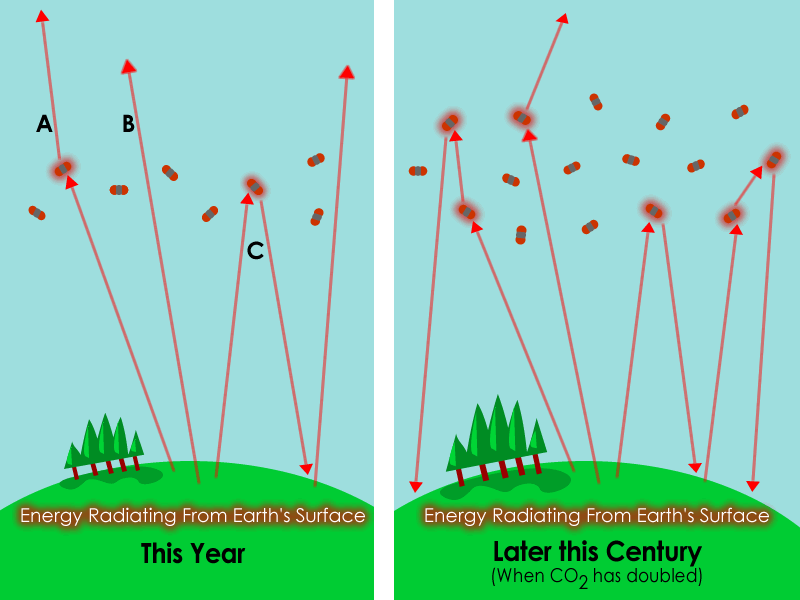Captain Caveman
Platinum Member
Japan has simply rebranded their homeless problem.Japan has virtually no homelessness ... just mental cases who escape their asylum ... their culture long ago adopted "tiny houses" ...
We fix temperature by using less energy ... and remembering EVs are part of the problem ... we need 90% less passenger vehicles of all types ...
